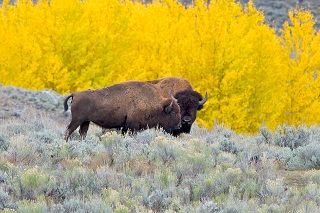Mentoring Entrepreneurs at the Clean Business Investment Summit – A Quick Update

There was one fellow whose concept is to promote the beauty of the Sierra Nevada mountain range in Eastern California, and to sell products to people headed in that direction for backpacking, skiing, fishing, etc. During a break between the presentations, he happened to mention that he’s campaigning against the installation of solar panels in the area, as it detracts from the natural beauty.
Of course, this is a very interesting and important subject. Of course, he has a terrific point. Ideally, we need to site solar PV, wind, and the rest with all due consideration to aesthetics, impact on wildlife, and a dozen other considerations. For example, it’s hard not to agree with the fellow I interviewed from the Audubon Society for my first book, “Renewable Energy – Facts and Fantasies,” when he pointed out that it would have been far better if the wind farms that were recently built in Wyoming could have been sited where there already was a human footprint, instead of in the wilderness where they impact the buffalo and other species that come out of Yellowstone in the winter months.
Having said that, we need to realize that compromises are necessary. No site is perfect; there is no such thing as worthless, barren land, the use of which has no impact on anything. In particular, as I pointed out to Mr. Sierra, we need to keep in mind the incredible damage being done by the forms of energy that renewables are replacing. If we can effectively offset a given amount of energy from coal (which, of course, we can), that has a huge ecological value that most people don’t yet understand.
